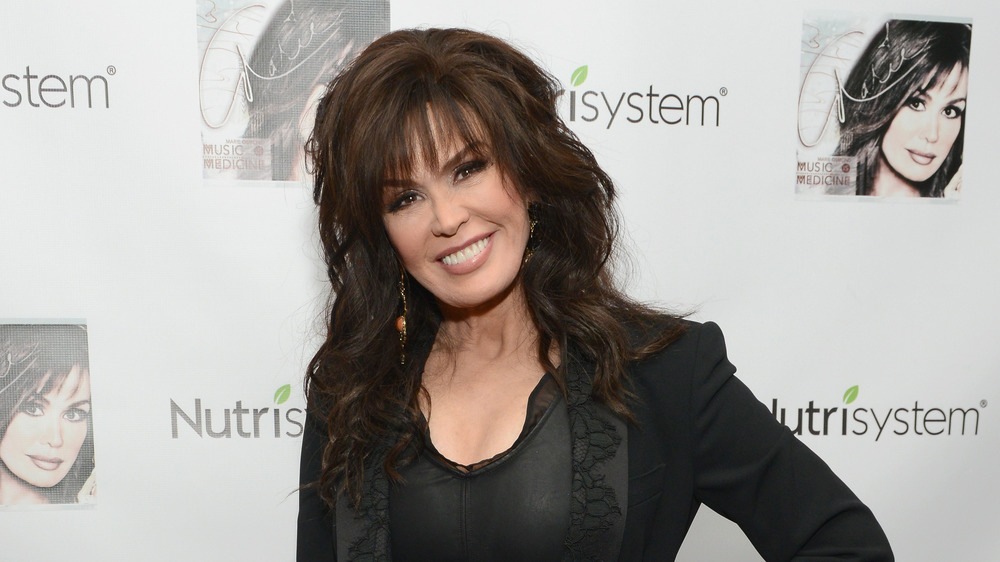This Is What Happens When You Work Out Too Much

When it comes to working out, more is not always better. In fact, working out too much can actually be detrimental to your health and fitness goals. Here’s what happens when you work out too much: Your muscles start to break down. Your body releases the stress hormone cortisol. You become more susceptible to injuries. You’re at a higher risk for developing chronic fatigue syndrome. You may experience symptoms of “overtraining syndrome.” You may not see the results you’re hoping for. So, how much is too much? It depends on the individual, but in general, you shouldn’t be working out for more than 45 minutes at a time, and you shouldn’t be working out more than 5 times a week. If you find that you’re always feeling exhausted, or if you’re not seeing the results you want, it’s time to cut back on your workouts. Remember, when it comes to working out, quality is more important than quantity. It’s better to have a few shorter, more intense workouts than to have long, drawn-out workouts that leave you feeling drained. So, if you’re feeling like you’re working out too much, it’s time to cut back and focus on quality over quantity.
When you work out too much, you risk becoming dehydrated
When you work out too much, you risk becoming dehydrated. Dehydration can lead to a host of health problems, including heat stroke, exhaustion, and even death. It's important to drink plenty of fluids before, during, and after your workout to stay hydrated. Water is the best choice, but sports drinks can also help replenish electrolytes.
Recommended
NEXT UP
Why The Keto Diet Makes You So Tired

If you're like most people, you probably think of the keto diet as a way to lose weight. And while weight loss is one of the benefits of the keto diet, it's not the only one. The keto diet can also help improve your energy levels and help you feel less tired during the day. How does the keto diet help with energy levels? It all has to do with the way the body uses energy. When you eat a diet that is high in carbohydrates, your body will convert those carbohydrates into glucose and use that glucose for energy. However, when you eat a keto diet, your body will convert the fats you eat into ketones and use those ketones for energy. So why does this make a difference in your energy levels? It all has to do with how the body uses energy. When you eat a diet that is high in carbohydrates, your body will convert those carbohydrates into glucose and use that glucose for energy. However, when you eat a keto diet, your body will convert the fats you eat into ketones and use those ketones for energy. Ketones are a more efficient source of energy for the body and they don't cause the spikes and dips in blood sugar levels that carbohydrates do. This means that you'll have more stable energy levels throughout the day when you're on a keto diet. If you're looking for a way to improve your energy levels, the keto diet is a great option. It can help you lose weight, feel less tired during the day, and have more stable energy levels.
What if I just started the keto diet and I'm tired?
If you're feeling tired after starting the keto diet, don't worry - it's normal! Here are a few reasons why you may be feeling fatigue, and what you can do about it: 1. You're not used to burning fat for energy. If you're used to eating a diet high in carbs, your body may need some time to adjust to burning fat for energy. This is perfectly normal, and you can help your body adjust by: - Getting enough sleep: When your body is in repair mode, it needs sleep to function properly. Make sure you're getting 7-8 hours of sleep every night. - Eating enough fat: On the keto diet, you need to make sure you're getting enough healthy fats. This will help your body burn fat for energy, and also help to keep you satiated. - Drinking plenty of water: Staying hydrated is key for overall health, and it will also help your body to function optimally while burning fat for energy. 2. You're not eating enough calories. If you're not eating enough calories, your body will start to burn muscle for energy. This can lead to fatigue, as well as other side effects like headaches and dizziness. To make sure you're eating enough calories, make sure you're including plenty of healthy fats in your diet. Avocado, olive oil, and coconut oil are all great sources of healthy fats. 3. You have an underlying health condition. If you're feeling unusually tired, it's always a good idea to check in with your doctor. There are a number of health conditions that can cause fatigue, so it's best to rule anything out with a professional. If you're feeling tired after starting the keto diet, don't worry - it's normal! Here are a few reasons why you may be feeling fatigue, and what you can do about it: 1. You're not used to burning fat for energy. If you're used to eating a diet high in carbs, your body may need some time to adjust to burning fat for energy. This is perfectly normal, and you can help your body adjust by: - Getting enough sleep: When your body is in repair mode, it needs sleep to function properly. Make sure you're getting 7-8 hours of sleep every night. - Eating enough fat: On the keto diet, you need to make sure you're getting enough healthy fats. This will help your body burn fat for energy, and also help to keep you satiated. - Drinking plenty of water: Staying hydrated is key for overall health, and it will also help your body to function optimally while burning fat for energy. 2. You're not eating enough calories. If you're not eating enough calories, your body will start to burn muscle for energy. This can lead to fatigue, as well as other side effects like headaches and dizziness. To make sure you're eating enough calories, make sure you're including plenty of healthy fats in your diet. Avocado, olive oil, and coconut oil are all great sources of healthy fats. 3. You have an underlying health condition. If you're feeling unusually tired, it's always a good idea to check in with your doctor. There are a number of health conditions that can cause fatigue, so it's best to rule anything out with a professional.


